North Africa football fans use stadium freedoms to back Palestinians
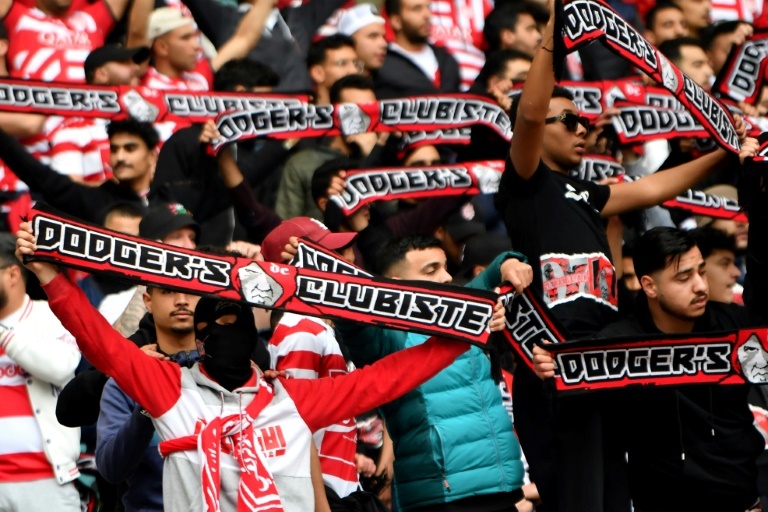
In North Africa, where political speech is often harshly policed, football stadiums have long been an exception. Now, fans are using that small freedom to express solidarity for the Palestinians amid the Gaza war.
1 year ago
As early as October 8 - the day after Palestinian militant group Hamas launched an attack on Israel that sparked the war - supporters of Raja Club Athletic in Casablanca revived an old chant. "You for whom my heart is saddened," goes the song which spread throughout the Arab world. "Our tears have been flowing for years. Palestine, my beloved, the Arabs are asleep. You, the most beautiful country, must resist."
In Algiers, dramatic choreographed fan displays, known as tifos, depicted giant figures in the traditional keffiyeh scarf associated with the Palestinian cause and calls for a "free Palestine". "The Palestinian question unites everyone" in the region, said Abderrahim Bourkia, a Moroccan sociologist who has studied diehard "ultra" football fans. "The ultras generally place themselves on the side of the oppressed, so for them, it goes without saying to sing about Palestine."
Banners at stadiums across North Africa have denounced the humanitarian crisis in the Gaza Strip. There have also been vows to "avenge the (Palestinian) children" as well as support for the "resistance fighters in the heart of the tunnels" - a reference to Hamas's tunnels under Gaza. Supporters interviewed by AFP in Algeria, Morocco and Tunisia used pseudonyms and covered their faces to conceal their identities.
Seif, a 28-year-old member of the Zapatista Ultras, who support Esperance Sportive of Tunis, said the Palestinian issue added to other more local ones, citing Tunisian corruption and the death of teenaged supporter Omar Laabidi who drowned during a police chase in 2018.
Throughout the region, political dissent in football stadiums takes place against a backdrop of repression and a lack of freedom of assembly and expression, according to human rights groups, which only worsened following the Arab Spring. Algeria, which saw massive pro-democracy protests in 2019 that ousted former president Abdelaziz Bouteflika, later banned large-scale demonstrations.
As in Morocco, pro-Palestinian rallies have been allowed by the authorities, but only under significant oversight by the police. Hamza, an ultra for Wydad AC, said if his group were to organise a pro-Palestinian rally, "the authorities would stop it from the get-go". "It's much simpler to say it in a stadium," he said, where the "crowd effect" allows you to "let loose", the 21-year-old communications student added.
Mohamed Jouili, a sociology professor at the University of Tunis, said politics and sports have always been linked. The ultras "want to show that they're doers and not merely a reckless group of football fans - that they, too, have a viewpoint on society". Abdelhamid, an Algerian member of the group Amor e Mentalita which supports MC Alger, said ultras were "not politicians", but "the truth always comes out of the stadium".
"Those at fault better repent... because the stadium knows everything and nothing can be hidden from it," he told AFP, standing in front of a fresco reading "Free Palestine" in Algiers' historic Casbah neighbourhood. The authorities often view ultras as no more than violent delinquents as several riots have erupted during matches in recent years, leading to arrests, injuries and at times the death of fans.
Hamza, in Casablanca, however, said it was unfair to punish the majority for the actions of a few. "Putting so much pressure on people who just want to express themselves is not the right solution," he said. "It motivates me even more. We won't stop chanting what we want to chant."
In Algiers, dramatic choreographed fan displays, known as tifos, depicted giant figures in the traditional keffiyeh scarf associated with the Palestinian cause and calls for a "free Palestine". "The Palestinian question unites everyone" in the region, said Abderrahim Bourkia, a Moroccan sociologist who has studied diehard "ultra" football fans. "The ultras generally place themselves on the side of the oppressed, so for them, it goes without saying to sing about Palestine."
Banners at stadiums across North Africa have denounced the humanitarian crisis in the Gaza Strip. There have also been vows to "avenge the (Palestinian) children" as well as support for the "resistance fighters in the heart of the tunnels" - a reference to Hamas's tunnels under Gaza. Supporters interviewed by AFP in Algeria, Morocco and Tunisia used pseudonyms and covered their faces to conceal their identities.
Seif, a 28-year-old member of the Zapatista Ultras, who support Esperance Sportive of Tunis, said the Palestinian issue added to other more local ones, citing Tunisian corruption and the death of teenaged supporter Omar Laabidi who drowned during a police chase in 2018.
Throughout the region, political dissent in football stadiums takes place against a backdrop of repression and a lack of freedom of assembly and expression, according to human rights groups, which only worsened following the Arab Spring. Algeria, which saw massive pro-democracy protests in 2019 that ousted former president Abdelaziz Bouteflika, later banned large-scale demonstrations.
As in Morocco, pro-Palestinian rallies have been allowed by the authorities, but only under significant oversight by the police. Hamza, an ultra for Wydad AC, said if his group were to organise a pro-Palestinian rally, "the authorities would stop it from the get-go". "It's much simpler to say it in a stadium," he said, where the "crowd effect" allows you to "let loose", the 21-year-old communications student added.
Mohamed Jouili, a sociology professor at the University of Tunis, said politics and sports have always been linked. The ultras "want to show that they're doers and not merely a reckless group of football fans - that they, too, have a viewpoint on society". Abdelhamid, an Algerian member of the group Amor e Mentalita which supports MC Alger, said ultras were "not politicians", but "the truth always comes out of the stadium".
"Those at fault better repent... because the stadium knows everything and nothing can be hidden from it," he told AFP, standing in front of a fresco reading "Free Palestine" in Algiers' historic Casbah neighbourhood. The authorities often view ultras as no more than violent delinquents as several riots have erupted during matches in recent years, leading to arrests, injuries and at times the death of fans.
Hamza, in Casablanca, however, said it was unfair to punish the majority for the actions of a few. "Putting so much pressure on people who just want to express themselves is not the right solution," he said. "It motivates me even more. We won't stop chanting what we want to chant."

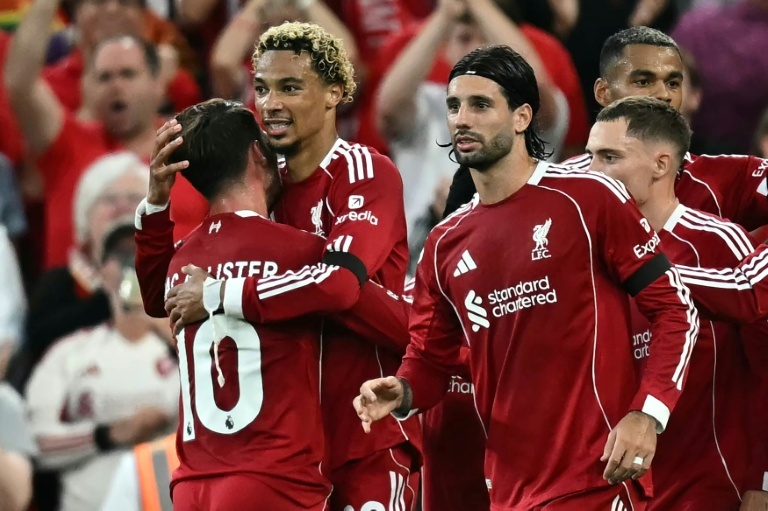
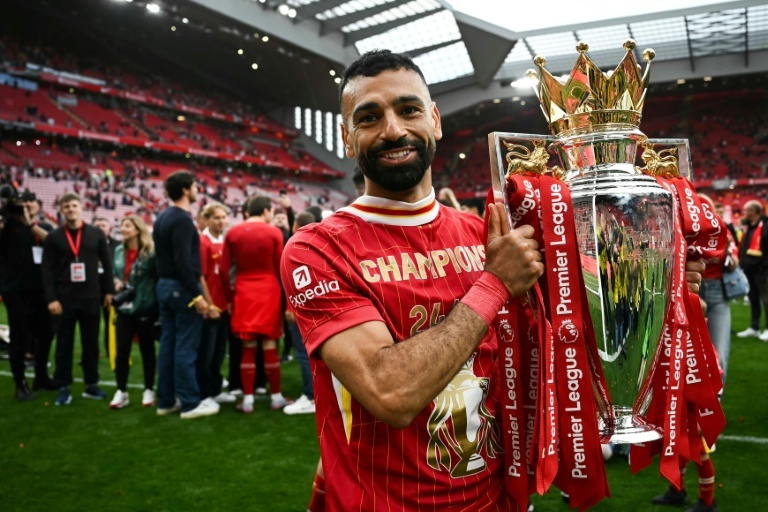
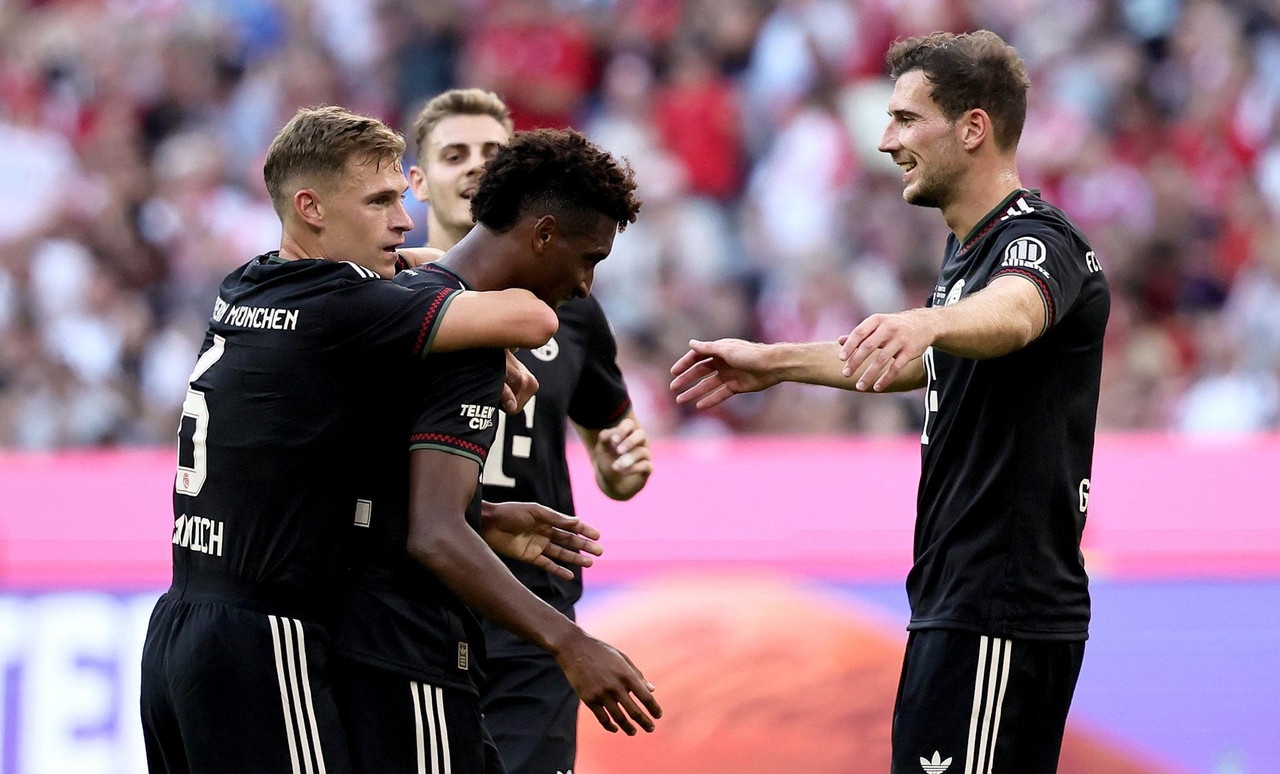
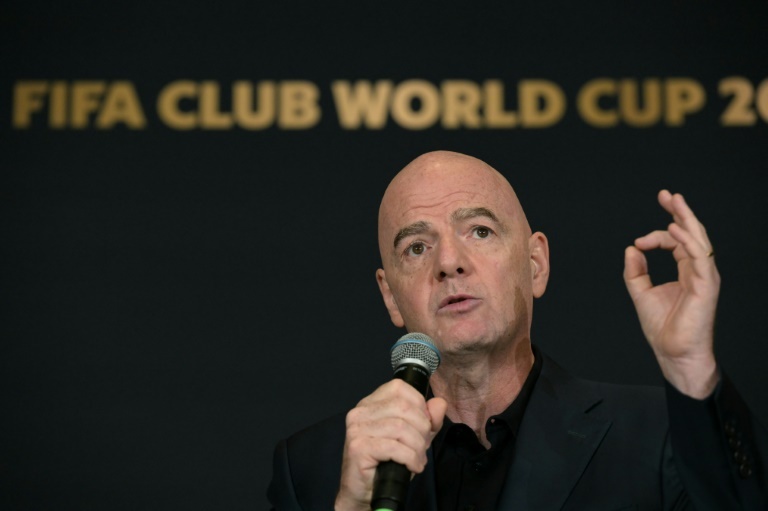
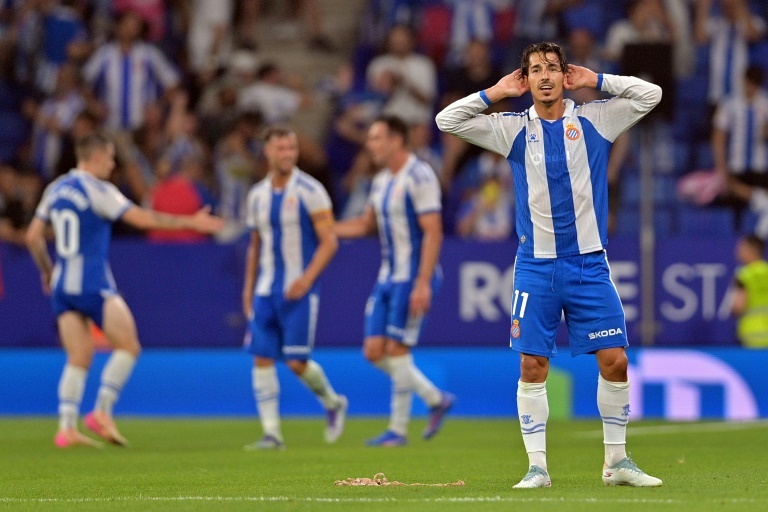
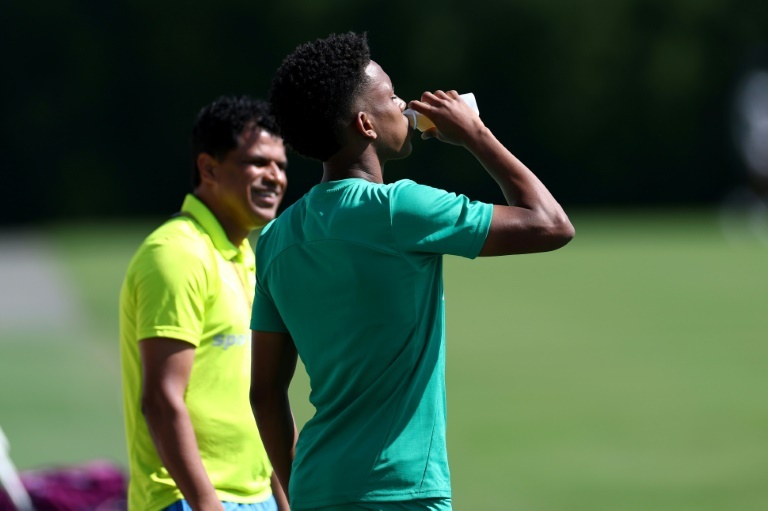
Comments